IoT-Powered Solutions for a Greener Future
Food waste is a critical global crisis—millions of tons go to landfills yearly, releasing methane (a greenhouse gas 28x more potent than CO₂) and causing wide environmental and economic harm. Traditional waste management, relying on manual work, is inefficient, costly, and misses resource recovery chances. As a leading industrial IoT communication provider, Bivocom tackles these issues with its strength: high-quality devices like 4G/5G/routers, gateways, modems, LoRa, and RTUs. Its IoT food waste management system, built on this hardware, enables automation, real-time data, and smart control—turning reactive manual work into proactive, data-driven operations to cut costs, reduce emissions, and meet circular economy goals.
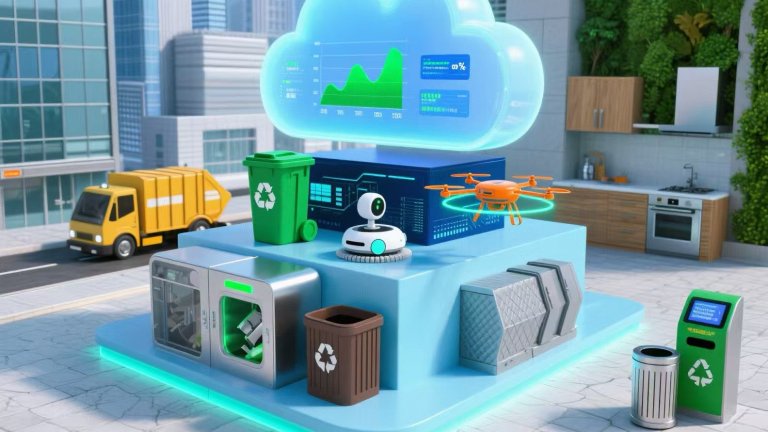
Food Waste Management System
At its core, a Food Waste Management System is more than just a single device. It’s a holistic solution that integrates technology, workflows, and policies to manage food waste from production to reuse. Its three key goals are simple yet impactful:
- Source Reduction: Stop waste before it starts—like restaurants optimizing ingredient orders or families cooking only what they need.
- Resource Recycling: Turn scraps into value by converting food waste into biogas (for energy) or compost (for soil).
- Emission Cuts: Meet global climate goals by avoiding landfill methane and toxic incineration fumes.
However, traditional food waste management system often fall short. They rely on manual checks—like workers monitoring compost temperatures or guessing when trash bins are full—which leads to delays, higher costs, and missed sustainability targets. This is where Bivocom’s IoT-powered Food Waste Management System makes a difference.
Core Technologies: Physical & Biological Treatment
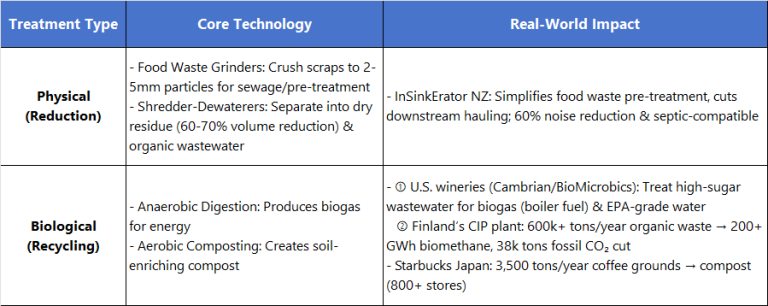
Leading brand’s food waste management, a reference for industry – Starbucks Food Waste Practices
Organic wastewater (incl. food waste) energy recovery – Winery Wastewater & Renewable Energy
Front-end gear for food waste, aiding source reduction – InSinkErator Food Waste Disposers
Large biogas project: food/organic waste circular value – CIP Invests in Finland’s Largest Biogas Plant
Bivocom End-to-End IoT Solutions
IoT technology solves the “blind spots” of traditional food waste management system by adding real-time visibility and smart control. For example, sensors track waste levels, tank temperatures, and methane concentration, while connected devices send alerts before issues escalate. Consequently, every part of the waste process becomes more efficient:
To address the complex challenges of modern food waste management, Bivocom offers a targeted selection of IoT communication devices. Each product is engineered to perform reliably in specific environments—from smart bins and collection vehicles to anaerobic digestion plants and composting stations. By integrating these devices, municipalities and businesses can achieve end-to-end visibility, operational efficiency, and regulatory compliance. Here are three standout products from our suite, each serving a critical role in the food waste management value chain:
TW810 LTE-M/NB-IoT Modem
Ideal for: Smart bins in communities, public spaces, and commercial kitchens. Many traditional waste bins rely on manual checks, leading to overflow, inefficient collection routes, and high operational costs. The TW810 solves these issues with:
- Extended Coverage: Supports LTE Cat M1, NB-IoT, and fallback to EDGE/GPRS networks, ideal for areas with weak signals.
- Multi-Protocol Support: Works with Modbus RTU, TCP/UDP, and MQTT for seamless integration into existing systems.
- Flexible Power Supply: Wide operating voltage range (5–35 VDC) and robust design for harsh environments (-35 to +75°C).
- Reliable Data Transmission: Supports up to 5 synchronous data centers for redundancy and backup.
TR341 4G Industrial Router
Ideal for: Waste collection vehicles and transfer stations. Collection vehicles operate in harsh conditions and need to connect multiple devices—weight sensors, cameras, GPS—simultaneously. The TR341 delivers:
- Rich Interfacing: 5 Ethernet ports (1 WAN+4 LAN), 1 RS232, 1 RS485 for connecting various sensors and controllers.
- Dual SIM Support: Ensures continuous connectivity through automatic failover between carriers.
- Integrated GPS: Allows real-time tracking of mobile assets like garbage trucks.
- Secure Remote Management: Supports VPN (IPsec/PPTP/L2TP/OpenVPN) and RADIUS Wi-Fi authentication.
TG451 Industrial IoT Gateway
Ideal for: Anaerobic digestion plants and biogas facilities. Anaerobic digestion plants require precise control of parameters like methane concentration, temperature, and pH. The TG451 enables:
- High-Speed Data Processing: Supports LTE Cat 6/Cat 4 for high-bandwidth applications.
- Dual SIM/Dual Module*: Enhances reliability through failover and load balancing.
- Multiple I/O Options: Includes 2 DI (digital input) and 2 DO (relay output) for connecting and controlling field devices.
- Programmability: Supports C/C++ and customized firmware for Python/LUA scripting.
Applications
IoT-enabled food waste management systems bring intelligence and automation to a wide range of environments, significantly improving efficiency, sustainability, and compliance. These systems help organizations and communities transition from manual and reactive processes to data-driven and proactive operations.
- Municipal Waste Management: Allow cities to monitor waste levels across distributed bins, optimize collection routes in real time, and remotely manage large-scale treatment processes such as anaerobic digestion. This leads to reduced fuel consumption, higher biogas yield, and lower greenhouse gas emissions.
- Commercial & Restaurant Operations: Food service businesses use IoT to track waste production, automate sorting, and minimize disposal costs. Connected shredders and dehydrators help reduce volume and weight at the source, supporting compliance and cutting hauling frequency.
- Community & Household Recycling: Smart bins with fill-level sensors and composting monitors encourage resident participation through real-time feedback and incentive mechanisms. These systems improve sorting accuracy, prevent overflow, and promote source reduction.
- Agricultural & Industrial Sites: From farms to food processors, IoT helps convert organic byproducts into energy and fertilizer. Sensors maintain ideal conditions in compost and anaerobic systems, enabling localized resource recovery and reducing reliance on landfills.
Real-World Success Stories
Bivocom Food Waste Management Systems aren’t just theoretical—they deliver results globally:
About Bivocom
With 11+ years of specialized experience in industrial IoT and deployments across more than 90 countries, Bivocom delivers robust, scalable connectivity solutions that enable smarter and more sustainable food waste management operations. Our technical proficiency spans municipal waste handling, commercial kitchen optimization, community recycling programs, and agricultural resource recovery—helping clients achieve efficiency, compliance, and sustainability goals through fully integrated IoT technology. Our Services Include:
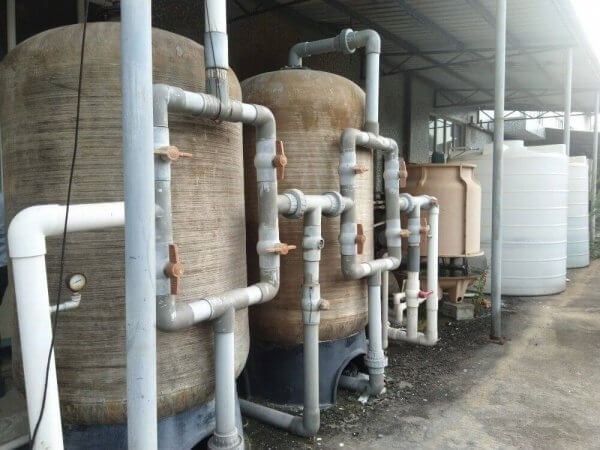
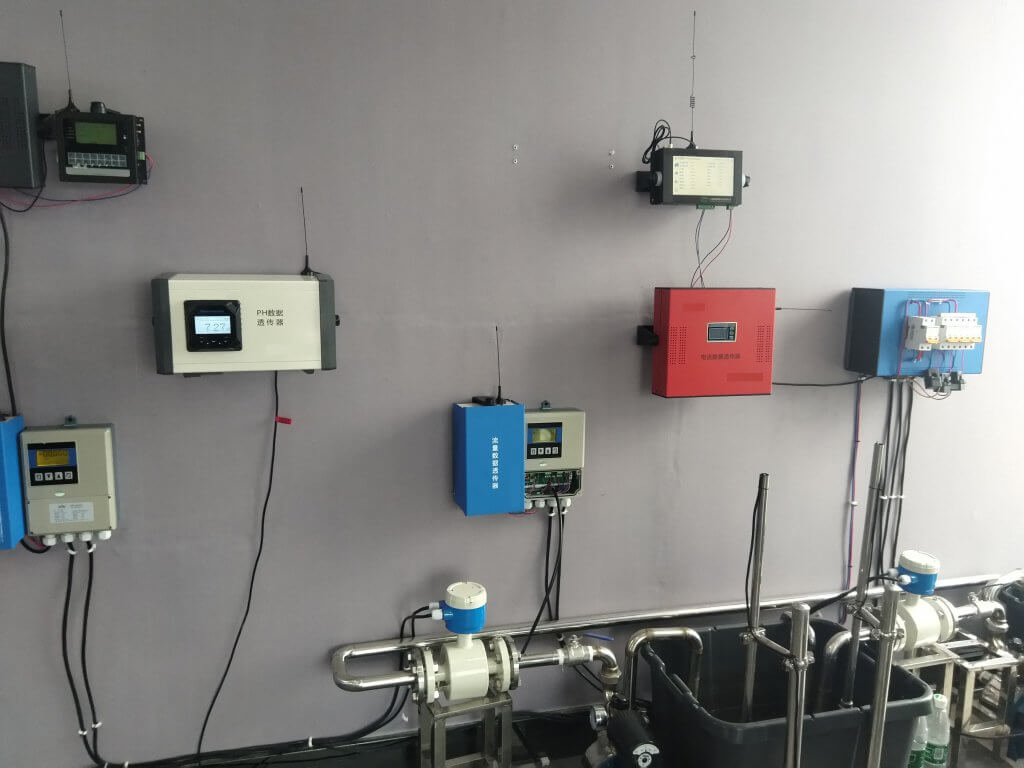
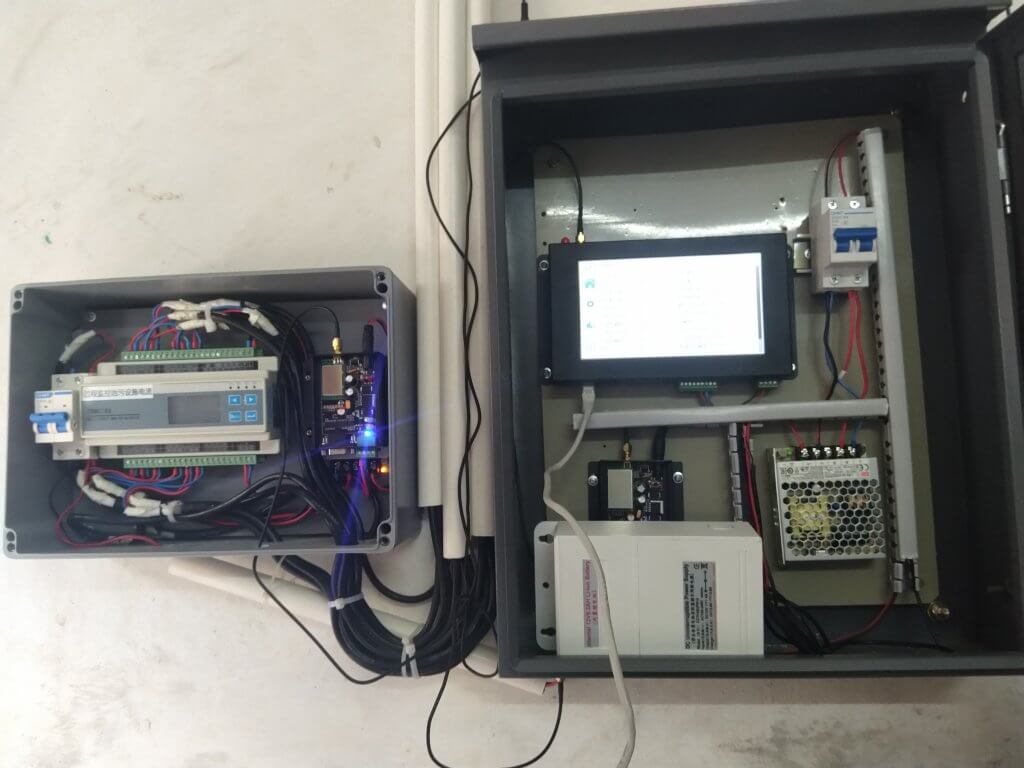
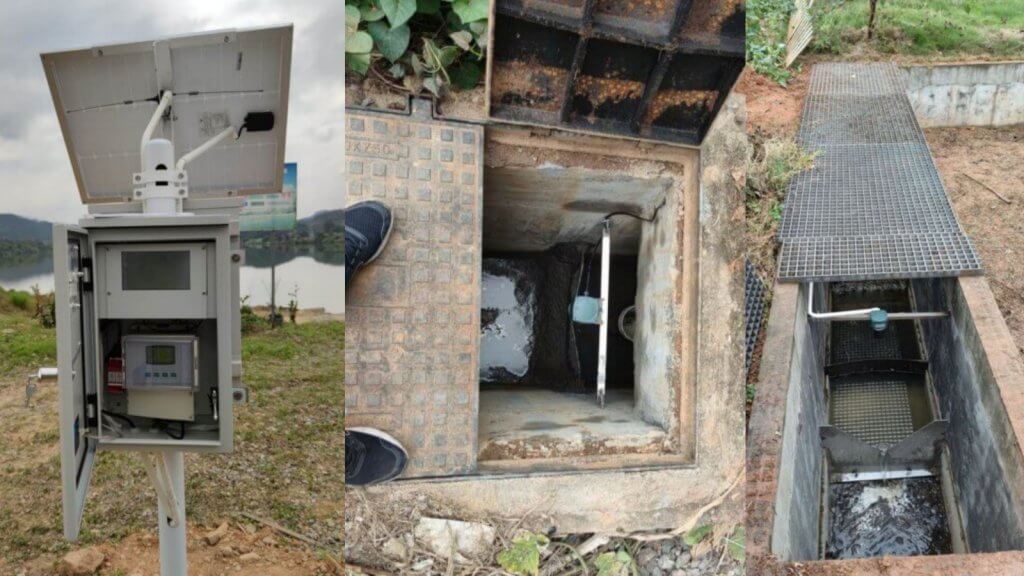
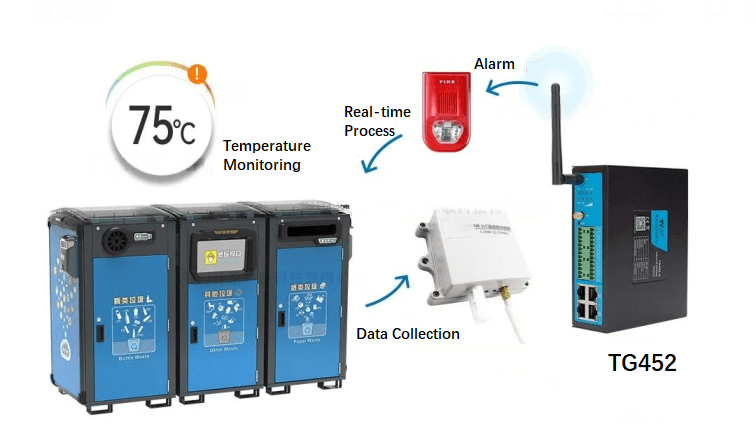
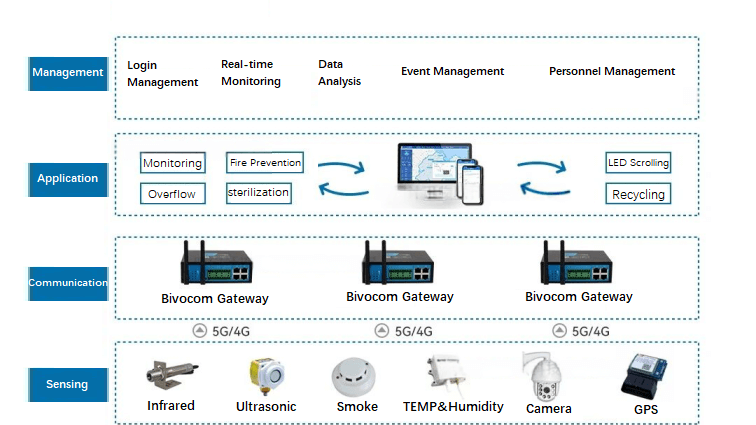
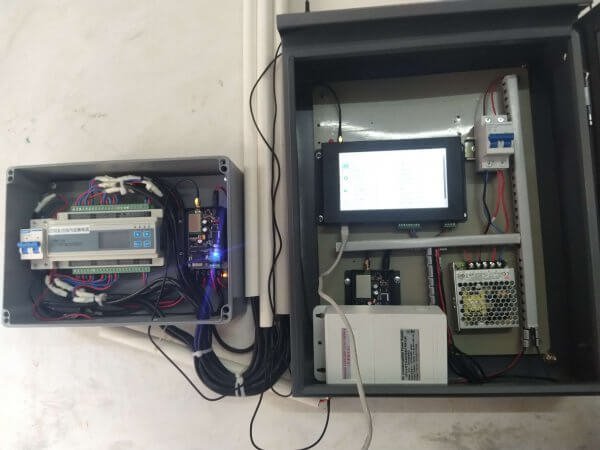
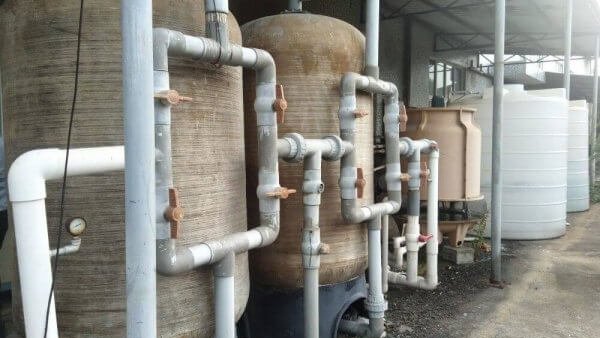
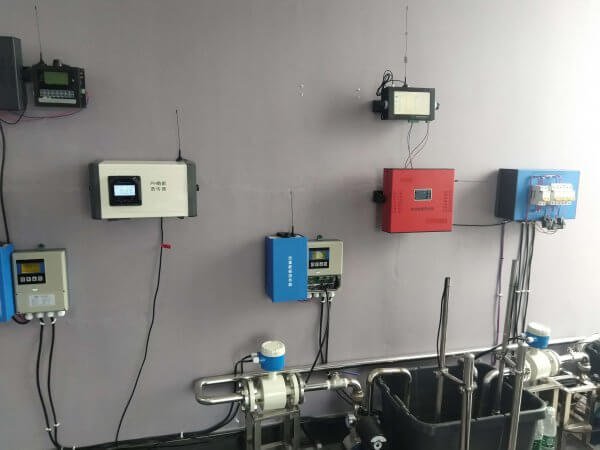
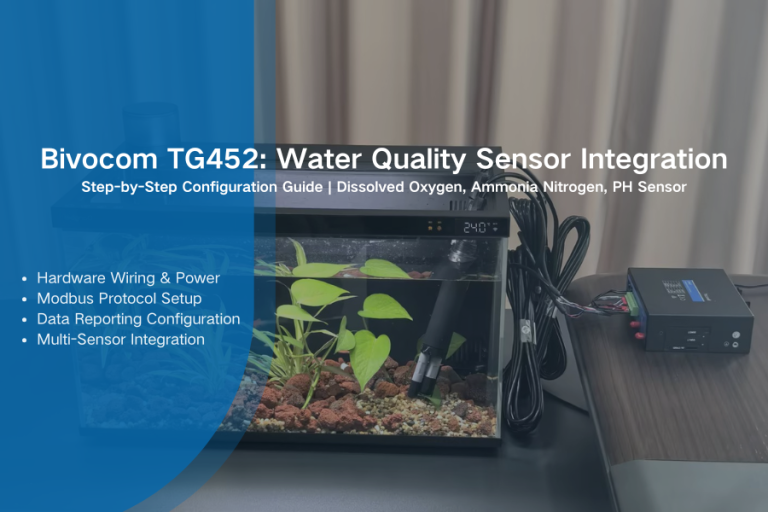

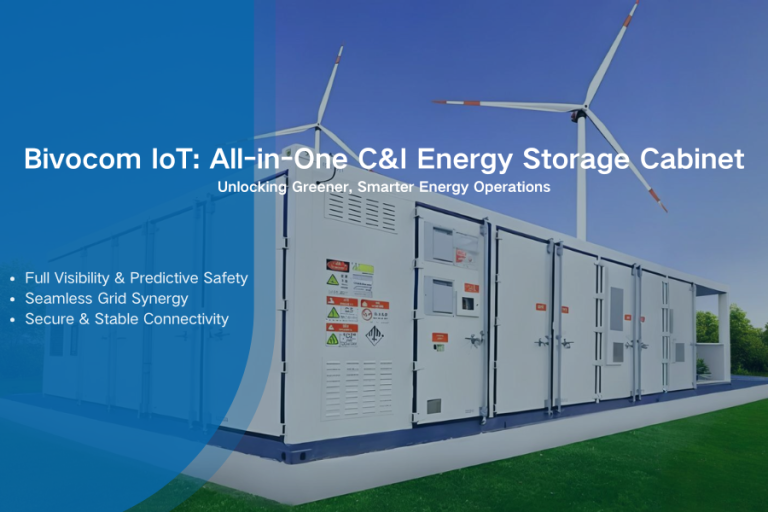
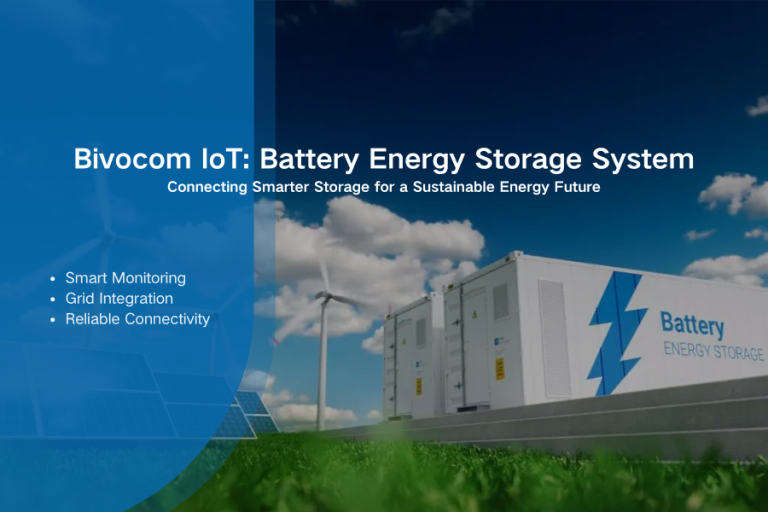
Comment